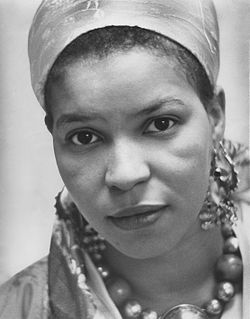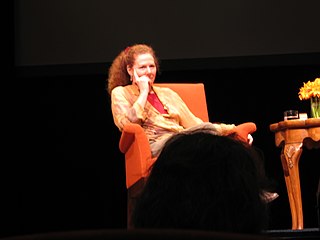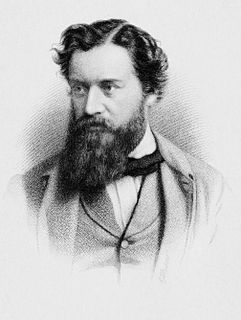A Quote by William Hazlitt
The characteristic of Chaucer is intensity: of Spencer, remoteness: of Milton elevation and of Shakespeare everything.
Quote Topics
Related Quotes
The slight, the facile and the merely self-glorifying tend to drop away over the centuries, and what we are left with is the bedrock: Homer and Milton, the Greek tragedian and Shakespeare, Chaucer and Cervantes and Swift, Dostoyevsky and Tolstoy and James and Conrad. Time does not make their voices fainter, on the contrary, it reinforces our sense of their truth-telling capacity.
The greatest artists, saints, philosophers, and, until quite recent times, scientists... have all assumed that the New Testament promise of eternal life is valid.... I'd rather be wrong with Dante and Shakespeare and Milton, with Augustine of Hippo and Francis of Assisi, with Dr. Johnson, Blake, and Dostoevsky than right with Voltaire, Rousseau, the Huxleys, Herbert Spencer, H. G. Wells, and Bernard Shaw.
What a contrast between the stern and desolate poetry of Ossian, and that of Chaucer, and even of Shakespeare and Milton, much more of Dryden, and Pope, and Gray! Our summer of English poetry, like the Greek and Latin before it, seems well advanced towards its fall, and laden with the fruit and foliage of the season, with bright autumnal tints, but soon the winter will scatter its myriad clustering and shading leaves, and leave only a few desolate and fibrous boughs to sustain the snow and rime, and creak in the blasts of age.
English literature, from the days of the minstrels to the Lake Poets,--Chaucer and Spenser and Milton, and even Shakespeare, included,--breathes no quite fresh and, in this sense, wild strain. It is an essentially tame and civilized literature, reflecting Greece and Rome. Her wildness is a greenwood, her wild man a Robin Hood. There is plenty of genial love of Nature, but not so much of Nature herself. Her chronicles inform us when her wild animals, but not the wild man in her, became extinct.
Without those forerunners, Jane Austen and the Brontes and George Eliot could no more have written than Shakespeare could have written without Marlowe, or Marlowe without Chaucer, or Chaucer without those forgotten poets who paved the ways and tamed the natural savagery of the tongue. For masterpieces are not single and solitary births; they are the outcome of many years of thinking in common, of thinking by the body of the people, so that the experience of the mass is behind the single voice.


































